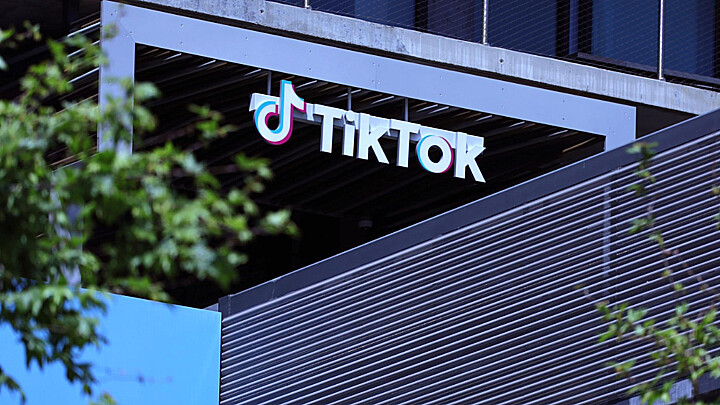Technology
Instagram launches new Teenager Account with privacy restrictions and parental controls aimed at safety
The platform can now use artificial intelligence to look for signs that may indicate that a user is under 18 years of age

September 17, 2024 5:51pm
Updated: September 18, 2024 7:39am
Instagram launched a new Teenager Account this Tuesday, a special option that offers more privacy and restrictions with controls for parents than traditional profiles used by adults. The new accounts have setting that can only be altered by users who are 16 years of age or older.
The new account type went live Tuesday in the United Kingdom, United States, Canada and Australia.
Users who live in the European Union it will get the new account option at the end of this year so that, "starting in January, minors around the world can have access to the Teenager Account," Insta’s parent company, Meta said, in a statement.
The social network describes this version as “a new experience for teenagers guided by their parents.”
“We know that parents want peace of mind that their teens will be able to use social media to connect with their friends and explore their interests without having to worry about inappropriate or dangerous experiences,” the company says.
Some of the new restrictions require that teens must proactively accept new followers and those followers who are not accepted cannot see the minor’s posted content or interact with them. There will also be stricter messaging settings in which they “will only be able to receive messages from people they follow or people they are already connected with.”
"Teenagers will have a setting enabled that limits the type of sensitive content (such as that showing people fighting or promoting cosmetic surgeries) that can be viewed in sections such as Explore or Reels," Meta explained.
Parents will also have information and control over the time their children use the application, and minors will receive notifications that will warn them to leave the network if they spend more than 60 minutes a day using it.
Additionally, the minor will also have a ‘Sleep Mode’ so they will not receive notifications between 10:00 p.m. and 7:00 a.m.
Parents who want to monitor their teens on the app will be able to see who their child has messaged in the last seven days, but they won't be able to see the content of the messages. They will also be able to learn about the topics in which the minor shows the most interest.
Antigone Davis, global director of security at Meta told The Verge that new tools will be developed to verify the age of a teenager, such as users certifying their age with a photo or video showing an identification document or have others vouch for your age.
“This really standardizes a lot of the work that we’ve done, simplifies it, and brings it to all teens,” Davis said during an interview with the online publication. “It provides essentially a set of protections that are in place and are already populated.”
The platform will also limit teens from picking age appropriate subject matter to follow.
“Teens will also get to pick age-appropriate topics they can see more of in Instagram’s recommendations and on the Explore page, such as ‘sports,’ ‘animal & pets,’ ‘travel,’ and more,” The Verge reported. “Instagram will continue limiting the types of content teens see on Reels or on the Explore page. It will also send alerts reminding teens to take breaks from the app.”
Additionally, the platform can now use artificial intelligence (AI) to look for signs that may indicate that a user is under 18 years of age.
For example, if a user says they are 18 when creating an account, but someone in the app says, “Happy 14th birthday,” according to Davis.
This year, New York passed a pioneering bill restricting the absorbing algorithm of social networks for minors, considering that the content they provide can be addictive, a measure that other states have said they want to consider adopting as well.










